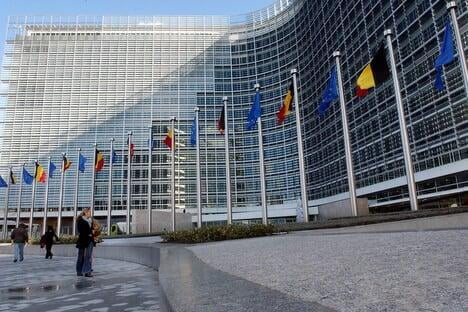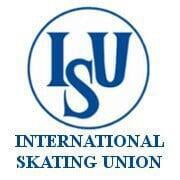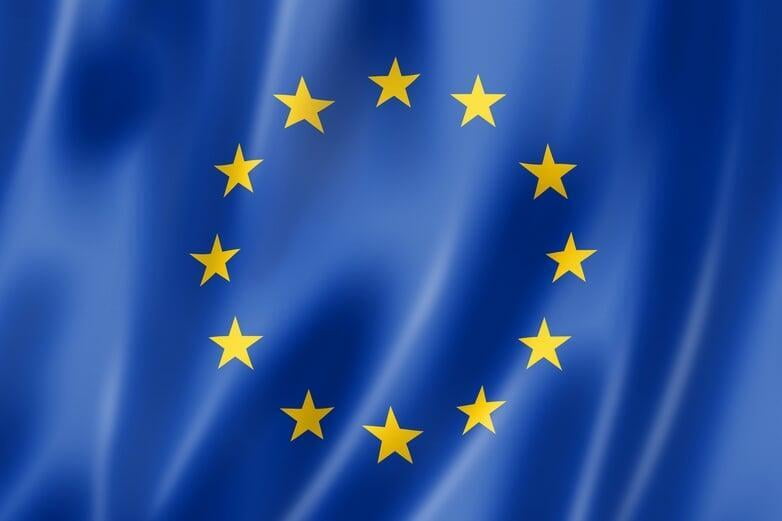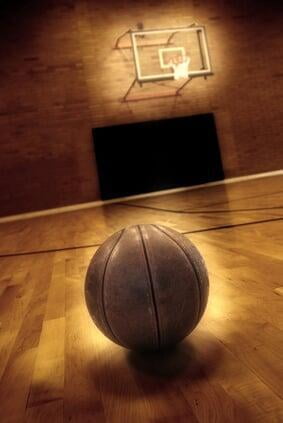The reaction of the governing body of football in Europe (UEFA) following the announcement of the creation of the European Football Super League is reminiscent of the dispute between the International Skating Federation (ISU) and two skaters who had been banned from participating in international speed skating events on the grounds that they had participated in competitions that the ISU did not recognize.
The ISU precedent
According to the regulations then in force within the International Skating Union (ISU), skaters could not take part in international speed skating events (Olympic Games or world championships), "if they participate in international speed skating competitions that the ISU does not recognize"Skaters breaking these rules risked being struck off for life.
Two professional Dutch speed skaters (Messrs Mark Tuitert - Olympic champion - and Niels Kerstholt - world team champion) challenged the IPU rules prohibiting them from participating in events organized by third parties independent of the International Federation and lodged a complaint with the European Commission, which opened an investigation in October 2015.
Le September 27, 2016, the European Commission informed the ISU of its preliminary findings that the rules providing that athletes face severe penalties if they participate in unauthorized events were contrary to the rules of the European Union in terms of anti-competitive practices.
Then, according to the decision of December 8, 2017, the European Commission ruled that the eligibility rules of the International Skating Union (UIP) or International Skating Union (ISU) which provide for severe penalties against athletes participating in speed skating events not recognized by the ISU were indeed contrary to the rules of the European Union in matters of anti-competitive practices.
The European Commission then recalled that "the sporting rules established by the federations are subject to EU competition rules when the entity that sets those rules or the companies and persons affected by the rules carry out an economic activity. According to the case law of the European Court of Justice, sports rules are compatible with EU law if they pursue a legitimate objective and if the restrictions they create are inherent and proportionate to the achievement of that objective."."
According to Margrethe Vestager, Commissioner responsible for competition policy, "international sports federations play an important role in the careers of athletes - they protect their health and safety, as well as the integrity of competitions. However, the severe sanctions that the ISU inflicts on skaters also serve to preserve the own commercial interests of this federation and prevent other organizers from competing, in the interest of all ice skating enthusiasts."
Thus, the IPU had to comply with its rules with the decision and "stop his illegal behavior" within 90 days. following the decision of the European Commission.
Finally, the decision of the European Commission was confirmed by the General Court of the European Union on December 16, 2020.
The rules of the European Union
It results from the CJEU case law that sports rules are compatible with Union law only if they pursue a legitimate objective and if the restrictions they create are inherent and proportionate to the achievement of that objective.
There must therefore be a balance between the provisions of Article 101 TFEU (competition rules) and those of Article 165 TFEU, according to which "The Union contributes to the promotion of European sport issues, while taking into account its specificities, its structures based on voluntary service as well as its social and educational function. The Union's action aims (...) to develop the European dimension of sport, by promoting the fairness and openness of sports competitions and cooperation between the bodies responsible for sport as well as by protecting physical integrity and moral of the sportsmen, in particular of the youngest among them. (...) The Union and the Member States shall promote cooperation with third countries and international organizations competent in the field of education and sport, and in particular with the Council of Europe".
Among the main principles of European law, that of free competition is provided for in Articles 101 and 102 of the Operating Treaty of the European Union (TFEU) which respectively provide that: "are incompatible with the internal market and prohibited all agreements between undertakings, all decisions of associations of undertakings and all concerted practices which are liable to affect trade between Member States and which have the object or effect of preventing, restrict or distort the play of competition within the internal market";
"is incompatible with the internal market and prohibited, in so far as trade between Member States is likely to be affected by it, the fact that one or more undertakings abusively exploit a dominant position on the internal market or in a part thereof substantial of it".
Thus, the European Commission recalled in its press release of December 8, 2017:
"the Commission's investigation [opened in 2015] found that: under the IPU eligibility rules, in force since 1998, speed skaters participating in competitions not recognized by the IPU face severe penalties, which can go as far as exclusion for life from all major international speed skating events. The IPU can impose these sanctions as it sees fit, even if the independent competitions do not in any way threaten the legitimate objectives of sport, such as the protection of the integrity and proper practice of sport, or the health and safety of athletes. ;
that by providing for such restrictions, the IPU's eligibility rules restrict competition and allow the IPU to defend its own commercial interests, to the detriment of athletes and organizers of competing competitions. In particular, the Commission considers that the IPU eligibility rules restrict the commercial freedom of athletes, who are prevented from participating in independent skating events. As a result of these rules, athletes are not allowed to offer their services to other organizers of skating events and may therefore be deprived of additional sources of income during their relatively short career as a speed skater;
that the ISU eligibility rules prevent independent organizers from setting up their own speed skating events because they cannot attract the best athletes. This limits the development of competitive and innovative speed skating events and deprives ice skating enthusiasts of the opportunity to follow other competitions.."
Faced with this European Super League project, the UEFA calendar will be upset and the mechanisms of sporting and financial solidarity, such as the principle of promotion and relegation, are at stake. The European sporting model, protected by article 165 TFEU is therefore put to the test by this new European competition for the second time since European basketball had already taken the plunge in the early 2000s, with the creation of the Euroleague in conflict with the International Federation.
The example of EuroLeague
In 2000, the Union of European Basketball Leagues (ULEB) created for the 2000-2001 season a new competition independent of the International Basketball Federation (FIBA): the Euroleague.
After a year of discord, FIBA and ULEB agree that the Euroleague be organized jointly but the conflict resurfaces from the 2016-2017 season when, in reaction to the creation of the Basketball Champions League by FIBA, The Euroleague falls into a semi-closed formula and this despite the threats of exclusion from FIBA pronounced against the participating clubs.
Faced with this conflict, the European Commission has been contacted by FIBA and by the company Euroleague Commercial Assets (ECA). In response, she asked the November 9, 2017 it is up to FIBA and ECA to find a solution for the good of the athletes and the whole sporting community concerned. Since, no solution seems to have been found and the problem continues to worsen, resulting in difficult workforce management since some selections are forced to come to terms with Euroleague clubs which refuse to release their players for their participation in international competitions organized, at the same time, by FIBA.
With the participation of Elodie COUVRAND and Baptiste HUON









